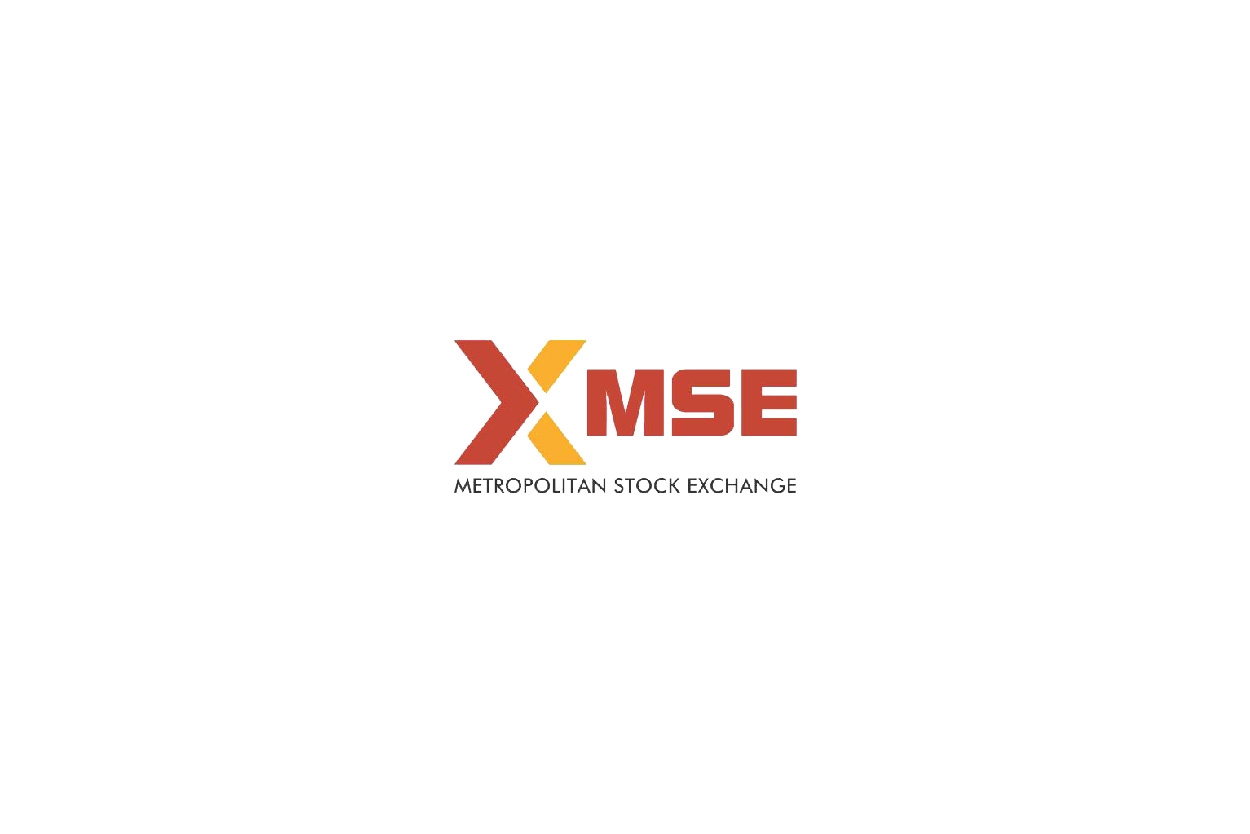
SEBI's New Guidelines Present Setbacks to Metropolitan Stock Exchange's Rebirth Plans
The Metropolitan Stock Exchange of India (MSE), a potential contender in India's financial markets, is running into major roadblocks in its attempt to revive and build upon its operations. The Securities and Exchange Board of India (SEBI), the nation's capital markets regulator, has rolled out new guidelines that may spoil MSE's return-to-greatness plans.
SEBI's New Guidelines Affecting MSEI
SEBI on 27 May 2025 directed that all Market Infrastructure Institutions (MIIs) such as stock exchanges need to adhere to a uniform process of appointing important management personnel. The action is aimed at increasing transparency and governance in the institutions. Although the idea is to further tighten the regulatory framework, the very fact that these guidelines are being followed has stirred up the stakeholders of MSEI
MSEI, which has been trying to recapture its market position, feels these new rules are a setback. The exchange had earlier arranged for strategic investments of Rs.238 crore from top companies such as Groww, Zerodha, and Share India Securities. These investments were instrumental in MSEI's efforts to upgrade its infrastructure and services. The new SEBI guidelines, however, require it to rework its leadership appointments, potentially slowing its revival plans.
Stock Market and ETF Implications
MSEI's fortunes have wider implications for the Indian stock market. The revival of the exchange was supposed to bring in more competition, hopefully helping investors in terms of better services and lower costs. MSEI's foray into the Exchange-Traded Fund (ETF) space could also have brought diversified investment alternatives to market players. But the existing regulatory scenario puts such prospects in doubt.
Bombay Stock Exchange (BSE), India's oldest exchange, and National Stock Exchange (NSE) have monopolized the market. MSEI's revival potential could have given an equally needed alternative, in turn making the market more competitive. Its delay might inadvertently strengthen the duopoly, cutting choices for investors short.
BSE Sensex and Market Dynamics
The BSE Sensex, a 30-share index of leading Indian companies, indicates the general well-being of the stock market. Developments that impact the organization and operation of stock exchanges can affect investor sentiment and, in turn, index performance, such as that of the Sensex. With the current market conditions still stable, but with more protracted woes for MSEI potentially bringing volatility in their wake, both individual stocks and overall market indices could be affected.
Looking Ahead
For MSE to navigate these regulatory hurdles, proactive dialogue with SEBI is warranted. Seeking clarifications, asking for potential exemptions, or suggesting alternative compliance arrangements may ease the way forward. Furthermore, engaging with other constituents in the financial ecosystem may assist in lobbying for a more favorable regulatory framework.
In conclusion, though the new SEBI guidelines are intended to improve governance and transparency, their unintended impact on MSEI's revival strategy point toward the fine balance regulators have to keep. The episode emphasizes the necessity for ongoing communication between market players and regulators to ensure that the overall objectives of market growth and investor protection are met without affecting innovation and competition negatively.
Recent blogs
No recent blogs
